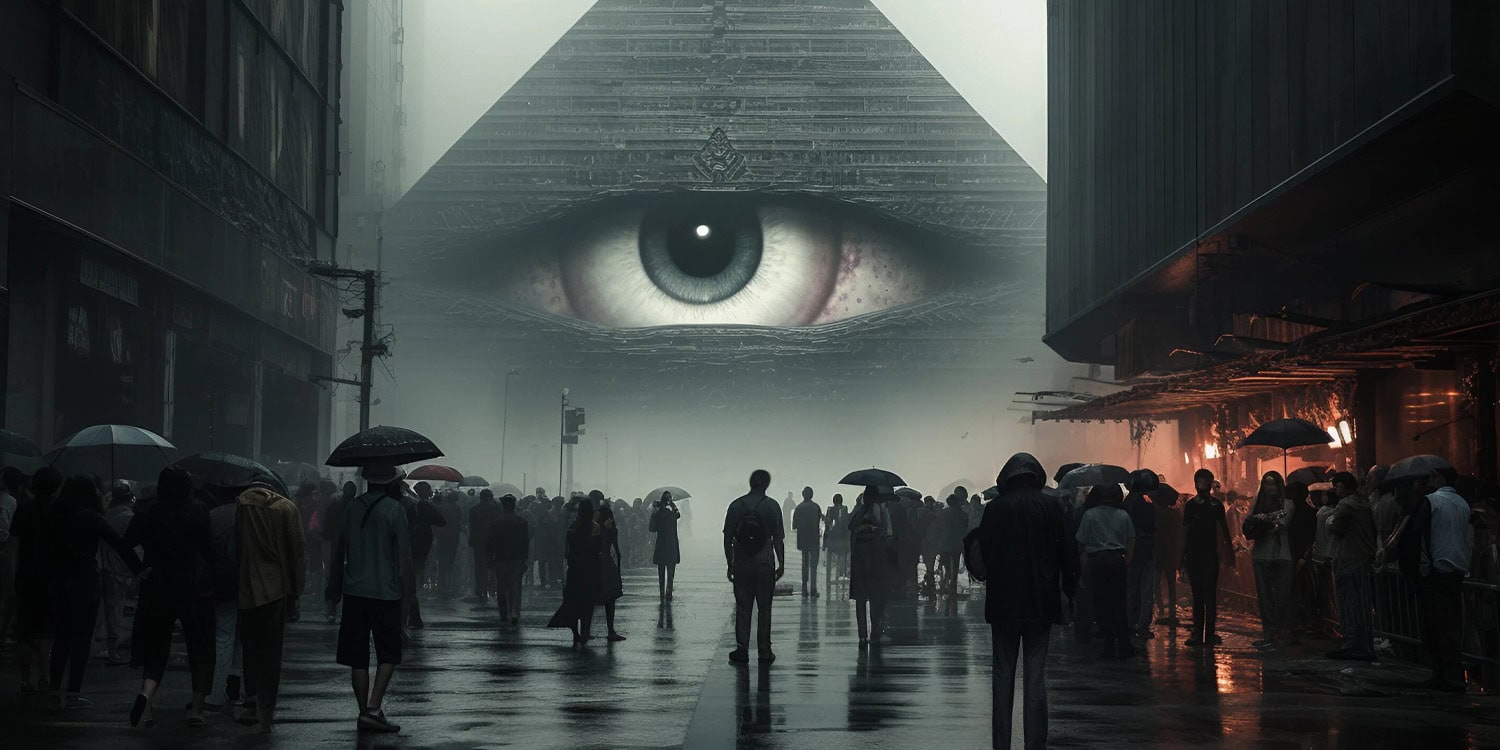In their analysis, the researchers found no significant differences in conspiracy mentality between the autistic group and the general population. Both groups scored similarly, indicating that being autistic does not inherently affect one’s general susceptibility to conspiracy beliefs.
This finding suggests that conspiracy mentality is not linked with autism, contradicting two potential hypotheses the researchers explored: one that autism might increase susceptibility to conspiracy beliefs due to common experiences of social exclusion, and another that autism might offer a type of protection against these beliefs due to cognitive characteristics associated with autism, such as analytical thinking.
Link to the study:
https://www.tandfonline.com/doi/full/10.1080/13546805.2024.2399505#abstract



I’m not autist, but I was diagnosed with some degree of Borderline and Schizotypal personality disorders. I used to believe in many conspiracy theories. I gave up on the majority of them since 2023, when I left Christianity and became Luciferian (not exactly “Luciferian” but it’s the closest label to my “religion” nowadays, which is no specific religion).
From my experience since the Orkut times among conspiracy theorists, I’d point out many factors that would lead people to “conspiracy theories”:
Maybe I’m wrong on my analysis, but I’m open for counterpoints.